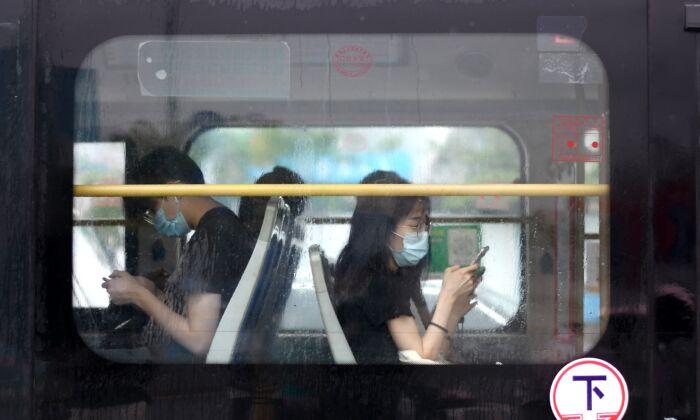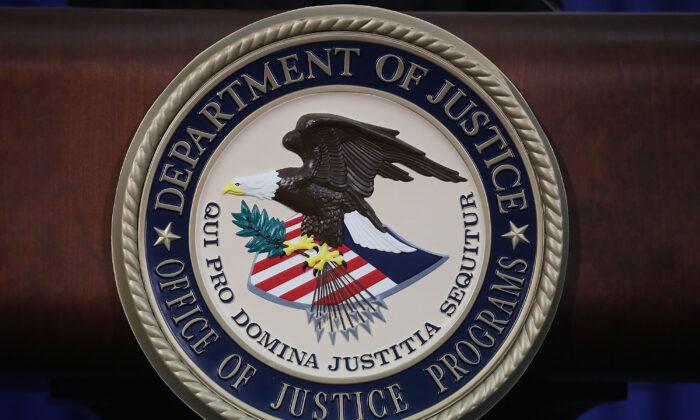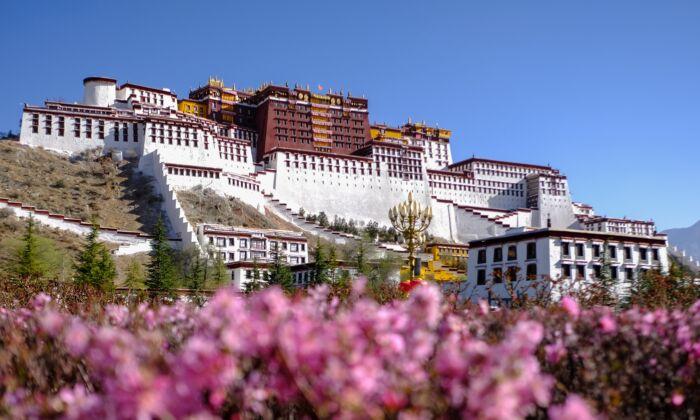Chinese theaters suddenly became empty this month after the Hollywood classic trilogy “The Lord of the Rings” was replaced with Communist Party propaganda movies.
On April 1, the first day of the change, the box office revenue for five pre-cultural revolution films, which were first released before 1965, was zero. Three others had very limited income. On the second day, ticket-selling websites removed the showtimes of the six oldest movies.
“I have waited for almost a month for the re-release of Peter Jackson’s epic,“ a Chinese netizen posted on social media Weibo on April 6. ”I won’t go to the cinema if there’s no ‘The Lord of the Rings,’” the netizen said. “My happy April is gone. It made me even feel that I shouldn’t go to the cinema in May,” another netizen commented on the post.
The Chinese regime ordered all theaters to release over 10 propaganda movies every month from April to December, to celebrate the party’s 100th anniversary. Each theater must show at least two propaganda movies five times per week.
It’s unclear whether the Hollywood blockbusters can be re-released in China.

The Lord of the Rings
This year is the 20th anniversary of “The Lord Of The Rings,” an adaptation of J.R.R. Tolkien’s classic fantasy book series. To entertain its fans, the trilogy planned to re-release its 4K digitally restored version in China on April 9, 16, and 23.Historically, classic movies had good box office ratings in China, although their first releases were three or four months later than in the United States. According to box office records, the trilogy grossed more than $25 million from 2002 to 2004 in China.
The trilogy’s re-release attracted Chinese fans.
A screenshot posted in March on Taopiaopiao, an online movie ticketing website, shows 120,523 people bought tickets for “The Lord of the Rings: The Fellowship of the Ring;” 94,153 people bought tickets for “The Lord of the Rings: The Two Towers;” and 128,084 people bought tickets for “The Lord of the Rings: The Return of the King.”

Political Needs
In China, propaganda requests or the regime’s orders take priority over cinema profits.In general, the pre-Cultural Revolution propaganda films told stories about the CCP bravely seizing power and that Chinese people enjoyed working hard to support the regime. Later, propaganda movies in China highlighted the CCP’s victories in the anti-Japanese war, the Korean War (or as the CCP calls it, the war to resist U.S. aggression and aid Korea), and the civil war between the CCP and the Kuomintang from 1946 to 1949, as well as Chinese people’s love for the CCP.
The mandatory screening of 100 red films launched by the CCP’s Publicity Department “is once again promoting a hatred-based ideology that actually distorts the minds of the Chinese people, especially young people, and turns them into psychotic, persecutory paranoiacs,” said Alexander Liao, a China expert and journalist that contributes to The Epoch Times.
Chinese propaganda movies advance the CCP’s political needs, said a Chinese current affairs commentator. Therefore, Chinese theaters have to arrange the showtimes for these movies.
“China’s movie market is deformed, and no matter how much money Hollywood blockbusters can make, they still have to make way for the political needs of the CCP,” said U.S.-based current affairs commentator Li Yanming in an interview with the Chinese Epoch Times.
“Over the years, Hollywood has voluntarily modified its films to meet the requirements of the CCP for the Chinese market, but its schedule and box office is still controlled by the political needs of the CCP,” said Li. “This is also a tragedy for Hollywood.”






